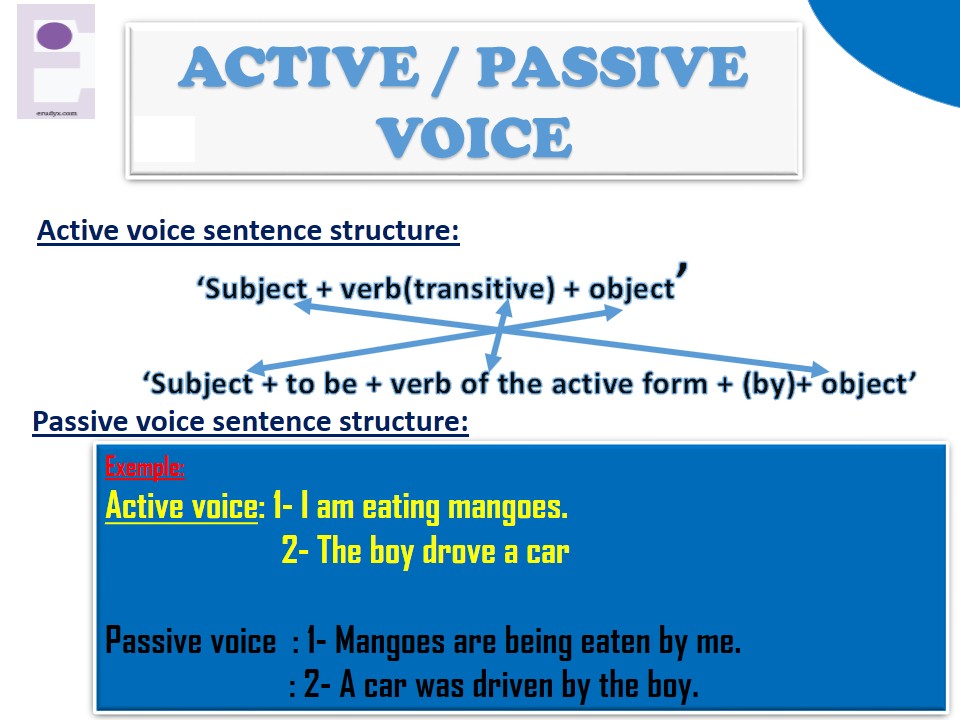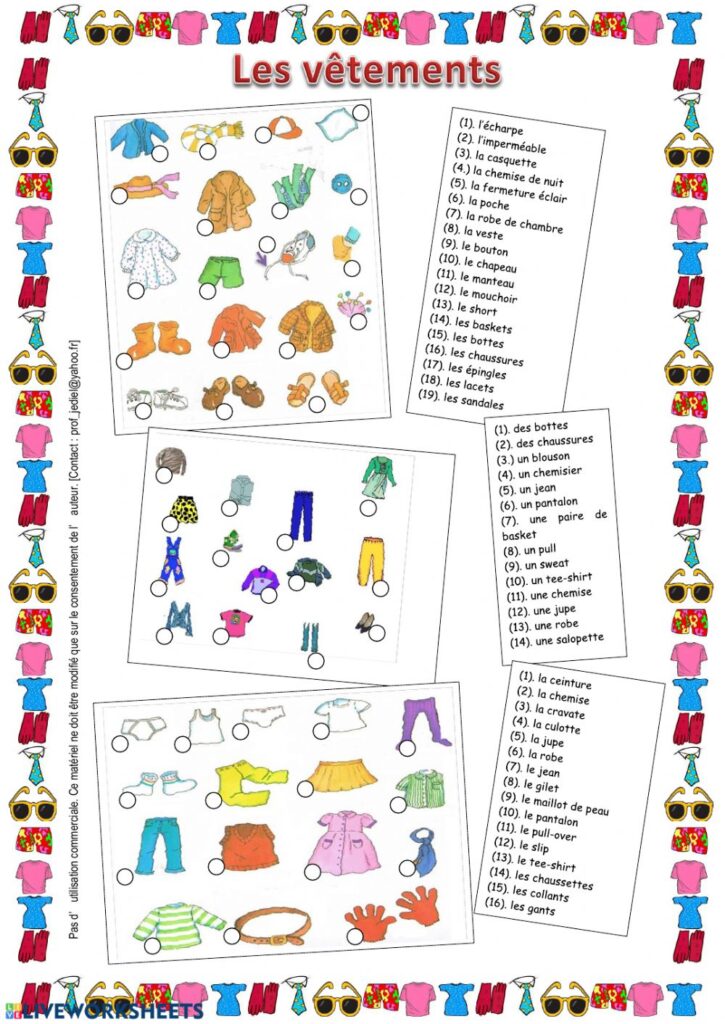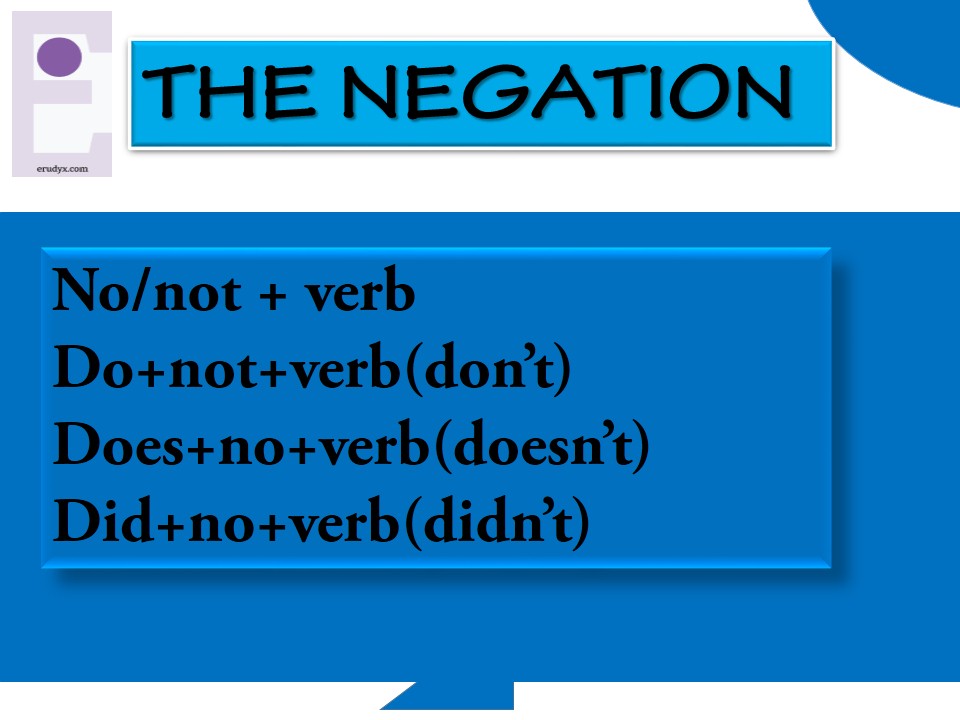Hello! Do you remember our lecture on « What kind of composition do we have as sentence in English? Part 2« ?? Surely you do! We briefly talked about clauses forming compound or complex sentences (Main clauses and subordinate ones…). Today, let’s go further with a new title
The different types of clauses in English
A clause is a word or group of words that contains a subject and a verb. We can also define it as a group of words forming a simple sentence. We have two clauses: Main and subordinate ones.
Main clauses are those which has a subject and a predicate*. It contains only one verb and consequently expresses only one and complete thought. It can also stand alone as a sentence, the reason why it is called the Independent clause.
Subordinate clauses have also a subject and a predicate but cannot express a complete thought and then, cannot stand alone. We call them Dependent clauses.
Eg: Koffi is a boy who works hard!
The main clause in that sentence is Kofi is a boy. Why? Simply because it can stand alone and still have a sense. That’s not the case of who works hard because it has a sense only if it is preceded by the former.
NB: Do not confuse clauses and sentences. A clause can be a sentence but not a versa. A sentence cannot be a clause either. A sentence can be formed by one or more clauses, but a clause can never be formed by a sentence.
Types of Clauses
We have three types of clauses in English: Noun clauses, Adjectival clauses, and Adverbial clauses.
Noun clauses
They are words or groups of words doing the work of a noun. They are introduced by the conjunction that interrogative words as what, how, where… Nouns clauses occur in a position where a single noun can occur (subject, object, complement…).
Eg:
The things you were telling him were a lie.
What he wants is a fine and helpful wife.
These in bold are noun clauses and work as subjects.
They don’t want to talk about what will happen next. The noun clause in this works as an object.
Adjectival clauses.
They work as a simple adjective, qualifying the noun before them, and often come in the middle of a sentence. They are introduced by subordinating conjunctions: where, why, and when and also by the relative pronouns who, which, that, those…
Eg: Our hotel welcomed the team which won the match.
I saw the car that was stolen the other day
The teacher whose course I follow went to the USA
Adverbial clauses
As the name says it already, adverbial clauses play the role of an adverb. They modify a verb, an adjective, or another adverb in the remainder of the sentence. Adverbial clauses are introduced by the conjunctions: when, where, before, since, as, as if, so, unless, so that, although, that… They can come after the verb or at the beginning of the sentence.
Eg: The students are happy that there is no class tomorrow. (Here, the adverbial clause that… is modifying the adjective happy.
Since there is no rain for a week, the crops were destroyed. The adverbial clause (in bold) modifies the verb, in showing the reason for the destruction.
THIS IS AN EXERCISE FOR YOU!!!
Find out the clauses in these sentences and give their nature.
- Because the road was blocked, the river went into the bush.
- The boy whose father went to the USA is looking for you.
- Jeremiah is a prophet who was very careful in his actions
- All I tell you is true.
Thank you for reading this lecture. Hope this helps you! Like, comment and share. See you in the next course…








